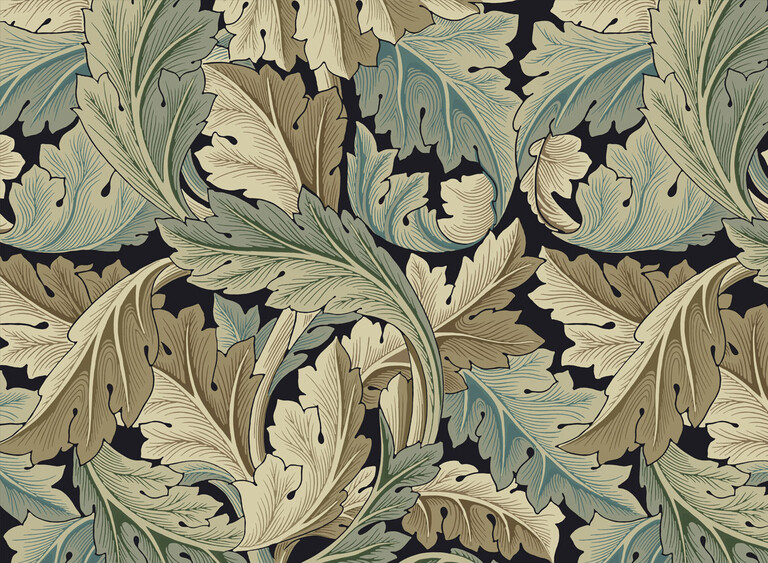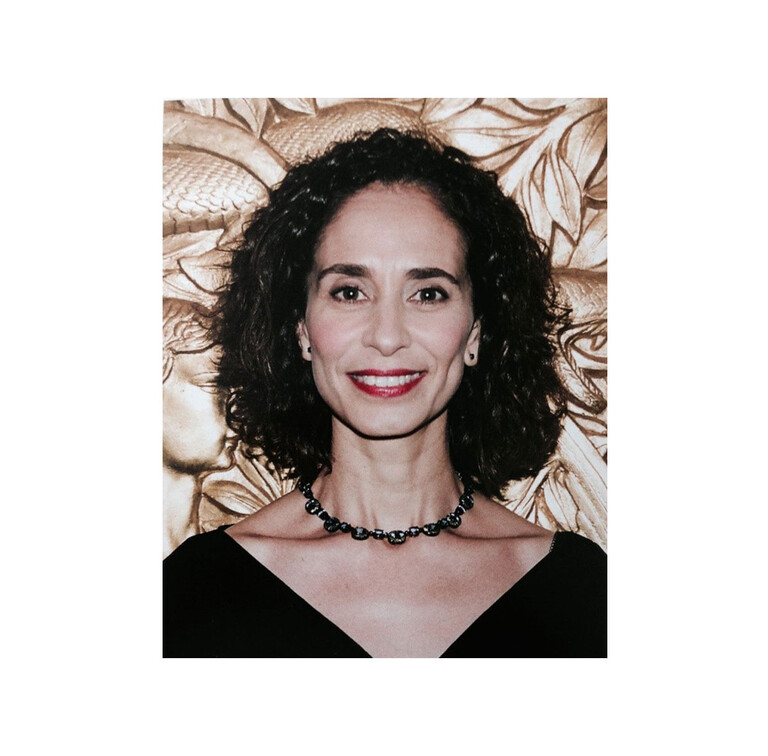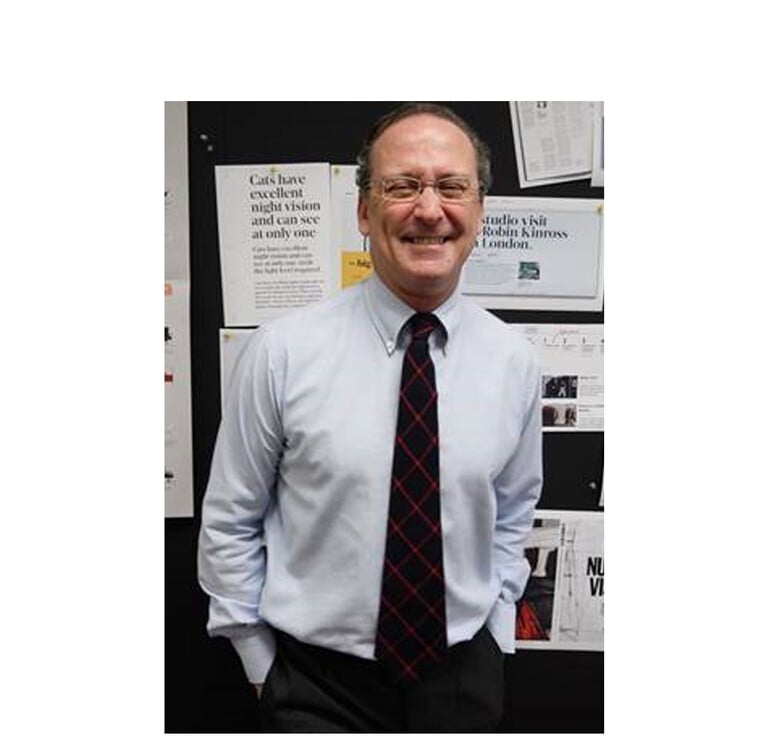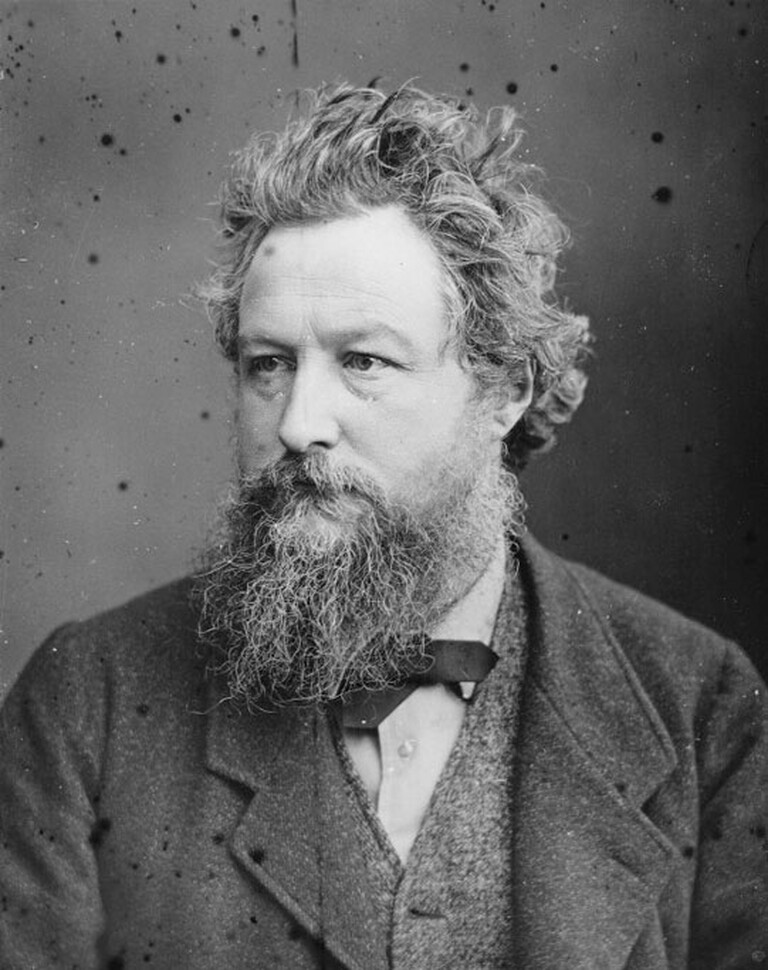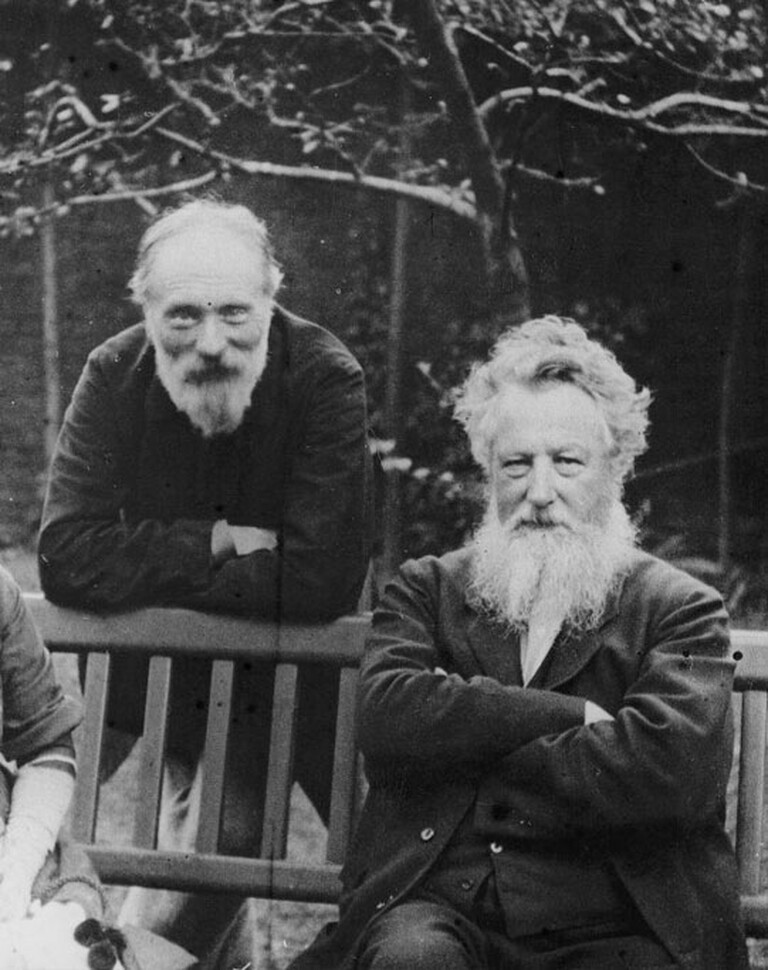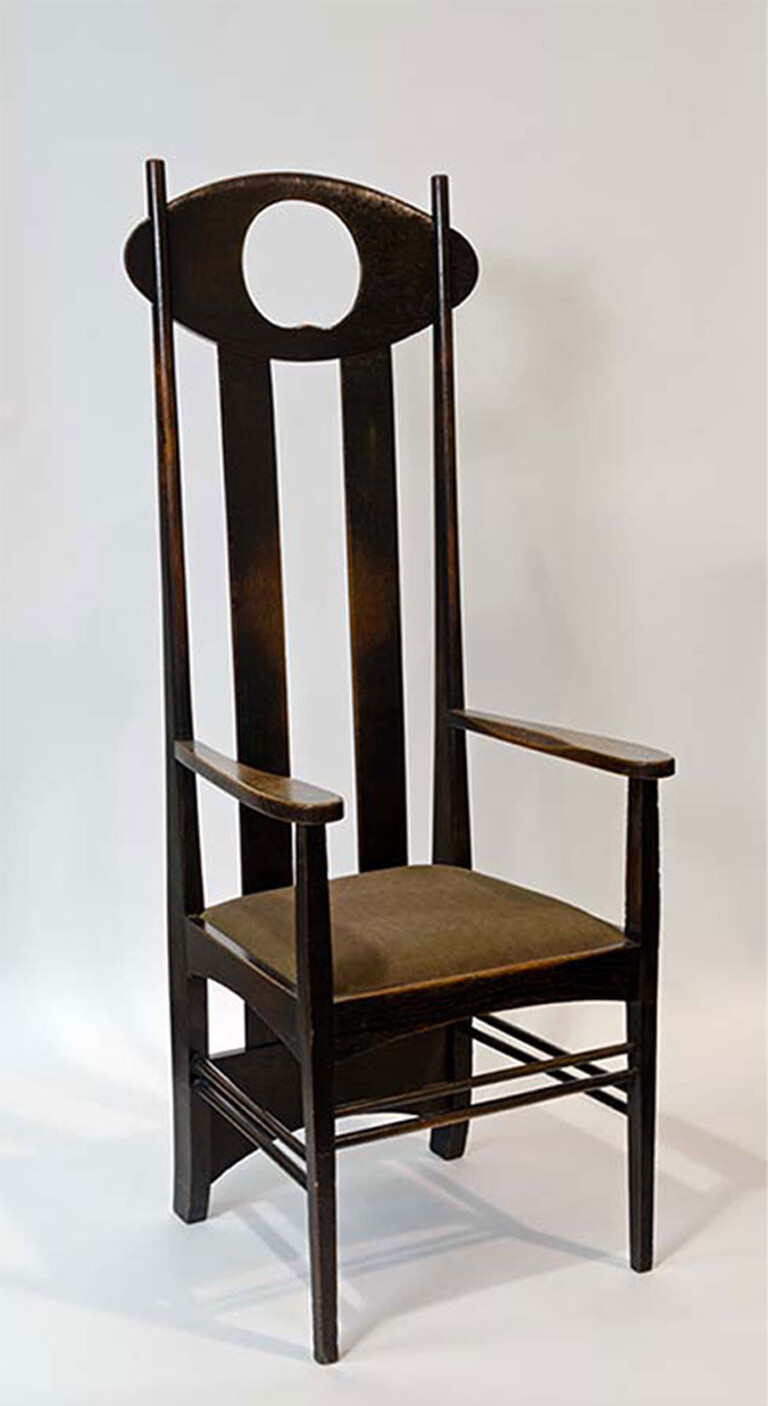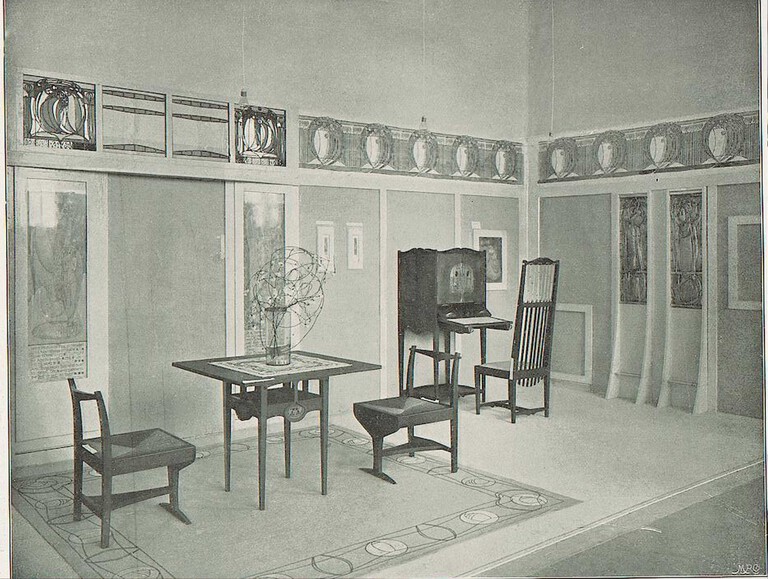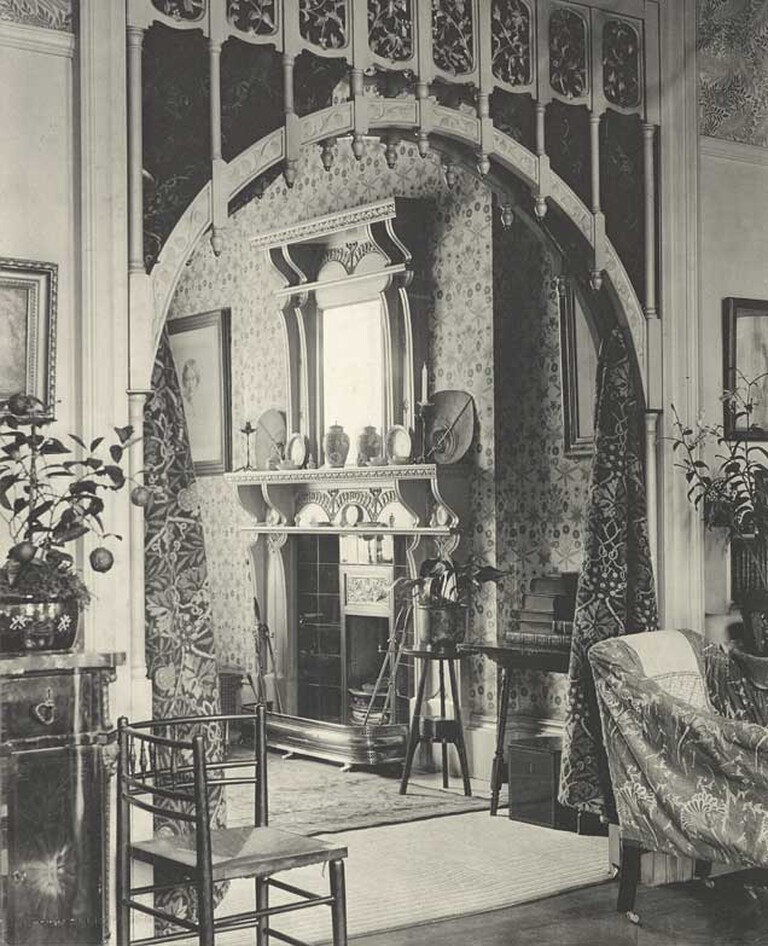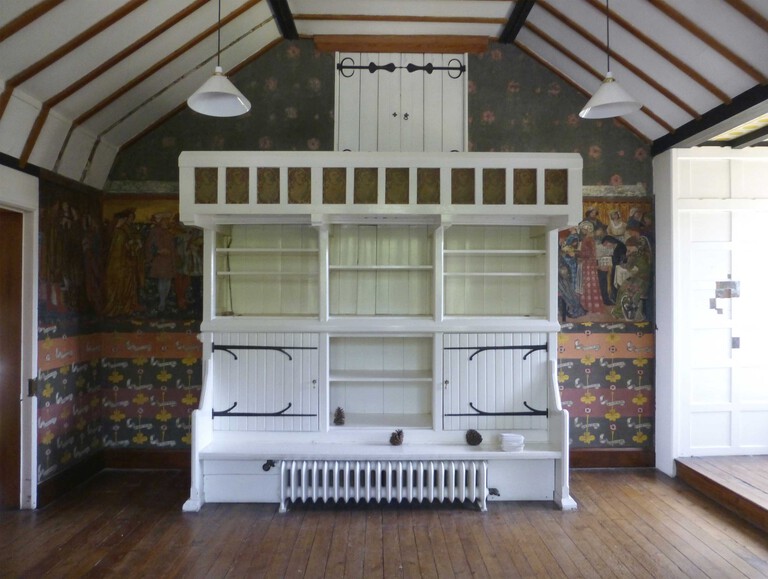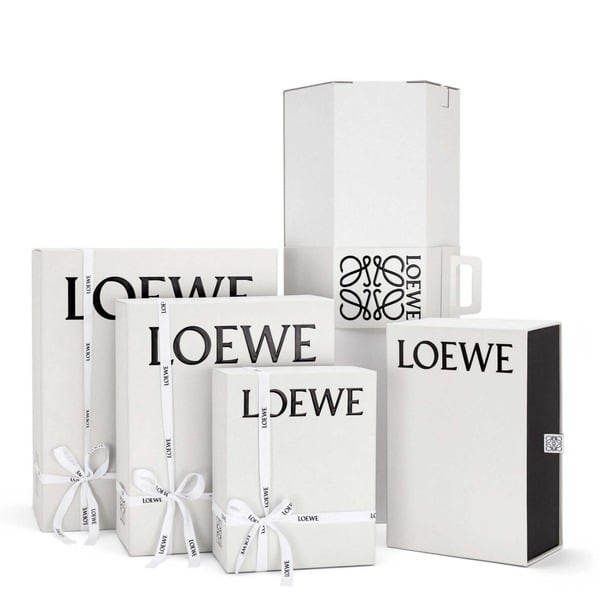1- Contact
2- Shipping methods
3- Reservation in store
4- Packaging & Gifts
5- Purchase and secure payment
6- Exchanges and returns
7- Care and repair guide
8- Terms and conditions
9- Legal & Cookies
Contact
Should you need any assistance, please get in touch.
Shipping methods
Deliveries are free of cost. Estimated delivery time by country/region:
Europe
Spain (Mainland and Balearic Islands): 2-6 business days.
Andorra, Austria, Belgium, Bulgaria, Croatia, Cyprus, Czech Republic, Denmark, Estonia, Finland, Metropolitan France, Germany, Greece, Hungary, Ireland, Italy, Latvia, Lithuania, Luxembourg, Malta, Monaco, Netherlands, Norway, Poland, Portugal, Romania, Slovakia, Slovenia, Sweden, Switzerland, United Kingdom: 2-7 business days.
Asia, Middle East
Bahrain, Brunei, Hong Kong SAR, India, Indonesia, Israel, Japan, Jordan, Kuwait, Macao SAR, Malaysia, Oman, Philippines, Qatar, Saudi Arabia, South Korea, Singapore, Taiwan Region, Thailand, UAE: 2-7 business days
America, Oceania
Australia, Canada, Chile, Colombia, Mexico, New Zealand, Puerto Rico, United States of America: 2-6 business days
Africa
Ivory Coast, Kenya, Mauritius, Morocco, Nigeria, Senegal, South Africa: 2-6 business days
Collect in store
We also offer the possibility to pick up your loewe.com order in the selected store of your choice. This service is always complimentary.
Check the full list of stores where this service is offered through this link.
You will receive an email confirmation when your order is ready to be collected from the store. Please visit the selected store in within 14 days after this email is sent to collect your order.
Collection yourself you need:
- Order confirmation email
- Government issued photo identification ID
We will verify your identity for security reasons, we could also make a copy of these documents. The store reserves the right to verify the Card or method of payment used to place the order. At collection, you will be asked to sign a collection receipt.
Representative needs:
- Order confirmation email
- Purchaser´s government issued photo identification
- Representative´s government issued photo identification
- Authorization letter signed by the purchaser
We will verify your identity for security reasons, we could also make a copy of these documents. The store reserves the right to verify the Card or method of payment used to place the order. At collection, you will be asked to sign a collection receipt.
Purchaser must inform the authorized person of the time frame of 15 days to collect the order from the moment that the email is sent to inform that the order is ready to collect. Purchaser must make sure the authorized person is aware of all the required documents he will need to bring to be able to collect the order.
If you do not collect your order: Your order will be available in-store for 15 days. If not collected, it will be sent back and your original method of payment will be refunded.
Reservation in store
You can request a product reservation in a selected store of your choice.
Check the full list where this service in offered through this link.
You will receive an email confirmation when your order is ready to be collected from the store. Please visit the selected store in within 48 hours from the moment the confirmation email is sent to complete your purchase in store.
After this 48 hour time frame, the reservation will expire.
All purchases made in store off products reserve through loewe.com are subject to the store terms and conditions of sale.
Packaging & Gifts
You will receive your LOEWE order in our extraordinary packaging. The items will come protected by a cotton cover in herringbone grey, with an anagram label. Products are arranged in our signature smokey white gift box.
The Leather ready to wear pieces might arrive in a larger box in order to protect the quality of our raw materials.
Gifts
It is possible to include a Gift Message in the package, you can select this option at check out and write your personal message. The is no invoice with price included, only a delivery note in which the price is omitted will be included in the parcel, so that you can send your purchase as a gift directly.
Insurance
All LOEWE goods remain the property and responsibility of LOEWE until delivered to the specified delivery address and payment has been received in full. Items are insured against loss and accidental damage during delivery. In any case, this issue will need to be validated by the courier company. If, for any reason, your purchase is not delivered within eight (8) working days, please contact our Client Service Team. Please notify us of this delay within 30 days from the estimated delivery date, so that we can deal with the incidence.
Please check your purchase upon receipt and notify the courier. If, for any reason, you wish to make a claim, you must contact our Client Service Team, keeping all the LOEWE packaging in good order.
Should you wish to exchange or return your purchase from LOEWE’s online store, you may do so in accordance with the terms set out in the Exchanges & Right of withdrawal, Returns.
Purchase and secure payment
To purchase an item from LOEWE’s online store, simply select “Add to Shopping Bag” on the product page, and then click on the “Purchase” button to finalize your purchase. You will then be directed to our secure checkout area where you can choose a billing address (where we will send your invoice) and a delivery address (which may be different to the billing address, for example: a work address, a company, the address of the person you wish to send a gift to...). The final step is the Secure Payment, where you will be able to select from various payment methods.
In some cases, after pressing the ‘Purchase’ button, you may be directed to your bank’s webpage where you will be asked for an extra security password for payment with your card. This is the 3D Secure Code, a security system which has been developed by your bank and which will ask you for your password to ensure your payment is secure. This password for online shopping with your card is personal to you and should be given to you by your bank. For further information, please contact your bank directly or our Client Service Team.
LOEWE credit coins or credit notes issued by our offline stores cannot be used to purchase articles from our online store.
Once payment has been received and your order has been confirmed, your order will automatically be sent to LOEWE for processing. Confirmation of your order means your acceptance of the whole Terms and Conditions of Sale through LOEWE’s online store.
You will receive an email with the confirmation and details of your order.
The prices of LOEWE products are shown in Euros, Pounds Sterling and US Dollars, Yens and the different local currencies of each country or region (except in Brunei, Ivory Coast, Croatia, Egypt, Jordan, Kenya, Mauritius, Nigeria, Oman, Senegal, South Africa), including taxes. We reserve the right to change the prices of the products on the www.loewe.com website at any time and without prior notice. However, the prices that appear when the consumer makes a purchase will be considered valid.
Any data registered by the www.loewe.com website will serve as proof of the transactions carried out between LOEWE and its customers. In the event of a dispute between LOEWE and one of its customers about a transaction carried out through the www.loewe.com website, all the data registered by LOEWE S.A will be considered as irrefutable proof of the transaction.
Stock availability
LOEWE cannot be liable if stock is unavailable at any given time. In the case of an issue with ordered stock, LOEWE will contact the customer within 48 hours after purchase to offer a solution.
Select your country or region
To ensure that the correct currency, payment methods and shipping conditions for your area are displayed, please select your country or region from the drop-down menu on the top left-hand corner of the www.loewe.com webpage.
Exchanges and returns
You may exchange the items purchased from LOEWE’s online store within thirty (30) days at our offline stores (except for department stores, outlets, wholesalers and franchises) with the delivery note provided with every purchase, the order confirmation email or the official invoice of your online purchase. The item(s) must be in their original condition and with their original packaging and their corresponding accessories in order to be exchanged.
Exchanges will not be accepted in Mainland China or South Korea LOEWE retail stores, unless originally purchased there
In the case of perfumes, the items must be returned in their original packaging, perfectly sealed and intact in order to guarantee the correct hygienic conditions. Depreciation could also be considered in this case
Any other product purchased from the LOEWE online store which has been customized or is part of special pre-order collections, is not subject to the Exchanges and Return policy
Dice Charm bought through our online store cannot be returned unless returned as a full Set. Exchange in the store is possible following the terms described above
Returns
If you would like to Return an item or items purchased from the LOEWE online store, you may do so within 14 working days following the date of delivery. Working days to exercise your right of withdrawal will be counted stated in the applicable legislation of the location where the product is delivered. You will be refunded the amount paid for the item(s) within a maximum period of fifteen (15) days of receiving and approving the Return.
In accordance with applicable regulations, your legal right to withdrawal will not be applicable to orders for:
- The supply of goods manufactured according to customer specifications or which are clearly personalised
- The supply of goods whose return is not suitable on health or hygiene grounds
In the case of perfumes, the items must be returned in their original packaging, perfectly sealed and intact in order to guarantee the correct hygienic conditions. Depreciation could also be considered in this case
In the case of Books or Stationary, the items must be returned in their original packaging, perfectly sealed and intact
LOEWE will pay for the delivery cost of returning the item(s) to our Central Warehouse. Simply enter on My Account or click here.
The article(s) must be in perfect condition, and returned in its/their original packaging, along with all the accessories
LOEWE will refund the amount paid (excluding any return delivery costs) to the card with which you made the payment. Only the original purchaser of the product(s) can request a return as the refund will be directly made to the card with which the payment was made. This process might take up to 14 days.
Any product ordered from the LOEWE’s online store which has been customized cannot be returned or refunded
All products purchased from loewe.com can only be returned from the same country/region or territory that it was shipped to, as indicated at the order confirmation stage of purchase
LOEWE will not be responsible or liable if any item(s) you wish to return to LOEWE’s online store is lost, misdirected or delivered late. The customer must bear the risks of shipping their purchase
LOEWE offline stores do not offer refunds on any product(s) acquired from the LOEWE online store
In the case where a product lacks conformity, the client may make use of the legal guarantee corresponding to the Royal Legislative Decree 1/2007 of November 16, which pertains to the General Law for the Defense of Consumers and Users. LOEWE must proceed, as appropriate, to repair or replace the product, or reduce the price and terminate the contract under the terms provided in the aforementioned Royal Legislative Decree, all procedures which will be free for the consumer and user. LOEWE responds to breaches of conformity that have been raised within two years of delivery. The consumer and user must inform LOEWE of the lack of conformity within two months of becoming aware of it. The legal guarantee of conformity is applicable regardless of any other commercial guarantee offered by LOEWE. These rights are independent and are compatible with the commercial guarantee
Care and repair guide
You will find an specific Care Guide by type of product on each product page
To maintain and conserve your LOEWE item in its best condition, avoid prolonged and direct exposure to sources of light and heat. We recommend storing the product in its original packaging. Avoid contact with water, oils, perfumes or cosmetics. If your LOEWE item gets wet, remove any excess moisture without rubbing, dab with a soft cloth and let dry at room temperature
If you have any questions regarding our products and their upkeep, please visit one of our stores where our staff will be happy to help and give you information regarding LOEWE´s Cleaning Service
LOEWE respects international standards of protection and conservation of the environment in all its products
After-sales service
LOEWE´s Client Service team will be pleased to assist you with any queries
Consumer goods guarantee
If an article is faulty, LOEWE will, as appropriate, repair, replace, reduce the price or terminate the contract. The procedures will be free of charge for the consumer and user. LOEWE will address non-conformities within a period of 2 years after the date of purchase
Terms and conditions
At the end of the ordering process, you will be requested to click on “Purchase” to confirm your purchase
Once your order has been confirmed, it will be sent to LOEWE for processing. Your order cannot be modified or cancelled except in accordance with the Terms and Conditions of Sale or with the provisions set out by Spanish law
Confirmation of your order implies your acceptance of the whole Terms and Conditions of Sale. You will be sent an email with the details of your order
Any data registered by the www.loewe.com website will serve as proof of the transactions carried out between LOEWE S.A. and its customers
In the event of a dispute between LOEWE S.A. and one of its customers about a transaction carried out on the www.loewe.com website, the data registered by LOEWE S.A. will be considered as irrefutable proof of the transaction contained therein. On the effective date of delivery, the risks (in particular loss, theft or damage) relating to the Products Delivered will be passed on to you
The sale of any product through LOEWE’s Official online store is subject to these Terms and Conditions of Sale
The offeror is LOEWE S.A. (henceforth “LOEWE”) with headquarters at Goya, 4 - 28001 Madrid, Spain, included in the Madrid Commercial Register, Volume 335, Folio 194, Page M-6657, and with tax ID number A-28003861
Orders to acquire LOEWE products can only be made by natural persons and companies with no intention of resale
Any resale or distribution of LOEWE products purchased from the www.loewe.com website is strictly forbidden
Customer complaint forms can be obtained by emailing customerservice@loewe.com or are available from the Madrid Flagship store at Calle Goya 4, 28001 Madrid
LOEWE may update these Terms and Conditions of Sale at any time. You may consult the most up-to-date version of the General Conditions of Sale at any time by clicking on the Client Service link. To place an order through LOEWE’s online store you must accept the Terms and Conditions of Sale in force at the time of placing the order
Intellectual property
All the material within the www.loewe.com web site (drawings, designs, illustrations, photographs, sound tracks, written texts, logos, trademarks, etc) is the exclusive property of LOEWE S.A. or any of its subsidiaries(henceforth “LOEWE”). You may not reproduce, distribute, publish, transmit, create works deriving from or based on, modify or sell any of the contained material, either totally or partially, by any means or process (unless otherwise expressly stated in this document)
The ‘LOEWE’ trademark, the logo of the four Ls, and the rest of the brands and logos related with LOEWE, whether registered or not, that are displayed on the www.loewe.com web site, as well as the LOEWE.com domain name, are and will remain the exclusive property of LOEWE S.A. Any reproduction, distribution, transmittal, modification or use of these trademarks without the prior written consent from LOEWE S.A. is forbidden
You may not eliminate any reference to copyrights, trademarks or any other indication regarding intellectual property rights contained in the www.loewe.com web site, or any other content included therein. You may create copies of the web pages published in the www.loewe.com web site for private and personal use and not for profit or commercial use, as long as any copies of said web pages retain all copyright or proprietary notifications and therest of the intellectual property notifications contained therein
The LOEWE S.A. (‘LOEWE’) web site, with headquarters in Madrid, Calle Goya 4, 28001 Madrid, with tax ID CIF-A-28003861 and included in the Madrid Mercantile Register in Volume 335, Page 194, Sheet M-6657, is original creative work protected by the laws of intellectual property protection. The web site, as well as all the elementstherein, is the exclusive property of LOEWE. Reproduction or representation, either totally or partially, of the web site or of any of the elements therein, as well as their modification, is strictly forbidden. The trademarks and domain names shown in the LOEWE web site are the exclusive property of LOEWE
Any unauthorized reproduction or use of these trademarks or domain names, regardless of their form or intent, is strictly forbidden. LOEWE has applied all reasonable means to ensure the information obtained in the web site is accurate. However, we make no guarantee about the accuracy, integrity and updating of said information
LOEWE provides no warranty, either express or implied, regarding all or part of its web site. LOEWE will not be liable under any circumstance for any direct or indirect damage, regardless of its nature, resulting from your use of the website. The ‘LOEWE’ trademark, the logo of the four Ls, and the rest of the brands and logos related with LOEWE, whether registered or not, that are displayed on the www.loewe.com web site, as well as the LOEWE.com domain name, are and will remain the exclusive property of LOEWE S.A. Any reproduction, distribution, transmittal, modification or use of these trademarks without the prior written consent from LOEWE S.A is forbidden
You may not eliminate any reference to copyrights, trademarks or any other indication regarding intellectual property rights contained in the www.loewe.com web site, or any other content included therein. You may create copies of the web pages published in the www.loewe.com web site for private and personal use and not for profit or commercial use, as long as any copies of said web pages retain all copyright or proprietary notifications and the rest of the intellectual property notifications contained therein
The LOEWE S.A. (‘LOEWE’) web site, with headquarters in Madrid, Calle Goya 4, 28001 Madrid, with tax ID CIF-A-28003861 and included in the Madrid Mercantile Register in Volume 335, Page 194, Sheet M-6657, is original creative work protected by the laws of intellectual property protection. The web site, as well as all the elements therein, is the exclusive property of LOEWE. Reproduction or representation, either totally or partially, of the web site or of any of the elements therein, as well as their modification, is strictly forbidden. The trademarks and domain names shown in the LOEWE web site are the exclusive property of LOEWE. Any unauthorized reproduction or use of these trademarks or domain names, regardless of their form or intent, is strictly forbidden. LOEWE has applied all reasonable means to ensure the information obtained in the web site is accurate. However, we make no guarantee about the accuracy, integrity and updating of said information. LOEWE provides no warranty, either express or implied, regarding all or part of its web site. LOEWE will not be liable under any circumstance for any direct or indirect damage, regardless of its nature, resulting from your use of the web site
Applicable legislation, jurisdiction and controversies
These Terms and Conditions shall be governed by the legislation of Spain
The European Commission offers an online platform to resolve legal disputes, which can be found at https://ec.europa.eu/consumers/odr/main/index.cfm?event=main.home2.show&lng=ES. LOEWE does not participate, nor is it obligated to participate, in any dispute settlement procedure in the presence of an alternative dispute resolution body as per Law 7/2017, of 2 November, incorporating into the Spanish legal system the 2013/11/EU Directive of the European Parliament and Council, of 21 May 2013, relative to alternative dispute resolution with regard to consumer affairs, and the (EU) Regulation no. 524/2013 of the European Parliament and Council, of 21 May 2013
In the absence of an amicable settlement, the parties shall submit themselves for conflict resolution to the competent courts in the place of residence of the consumer or the place of residence of LOEWE, by choice of the consumer
Both access to the web site and use of its contents are subject to the conditions set out in the Terms and Conditions of use of the LOEWE web site.
Limitation of liability
LOEWE S.A. does not guarantee or state that the www.loewe.com web site is free of viruses, worms, Trojans or other types of destructive material
Cookie policy
Strictly Necessary Cookies
These cookies are necessary for the website to function and cannot be switched off in our systems
They are usually only set in response to actions made by you which amount to a request for services, such as setting your privacy preferences, logging in or filling in forms
You can set your browser to block or alert you about these cookies, but some parts of the site will not then work
These cookies do not store any personally identifiable information
Cookies used
__55
OptanonConsent
OptanonAlertBoxClosed
dispatchSite
Categorías - Cookies
FreeCaster Videos
- __utmb
- __utma
- __utmt
- __utmz
- __utmc
- to
- YBSID
OneTrust Cookie Compliance
- OptanonConsent
- OptanonAlertBoxClosed/li>
SFCC
- __cq_dnt
- cookiePopin
- dwac_dbe0a10617e57472113ac114ca
- sid
- dw_dnt
- dwsecuretoken_xxxxxxxx
- __cfduid
- dwsid
Google Analytics
- _gat___gaLoewe
- __gaLoewe
- __gaLoewe_gid
- _gid
- _gat
- _ga
Einstein
- __cq_seg
- cqcid
- __cq_uuid
- __cq_bc
- uuid
cookielaw.org
- ARRAffinity
- __cfduid
- OptanonConsent
Performance Cookies
These cookies allow us to count visits and traffic sources so we can measure and improve the performance of our site. They help us to know which pages are the most and least popular and see how visitors move around the site
All information these cookies collect is aggregated and therefore anonymous. If you do not allow these cookies we will not know when you have visited our site, and will not be able to monitor its performance
Cookies used
stld
Categorías - Cookies
ABTasty
- ABdebug
- visitorID
- ABTastySession
- dc
- ABTasty
Lucky Orange
Targeting Cookies
These cookies may be set through our site by our advertising partners. They may be used by those companies to build a profile of your interests and show you relevant adverts on other sites
They do not store directly personal information, but are based on uniquely identifying your browser and internet device. If you do not allow these cookies, you will experience less targeted advertising
Cookies used
dwcustomer_xxxxxxxxxxxx
Categorías - Cookies
doubleclick.net
facebook.com
google.com
- APISID
- SSID
- SID
- SAPISID
- HSID
- _gcl_au
SFCC
- dwanonymous_xxxxxxxx
- dwpersonalization_09ca7ed58839320229f1a601b6c9e62b
Cookies are small text files that are sent to the user’s device by the web site. Cookies are stored in the device’s hard drive so that the web site can recognize the user and store certain information on him/her so as to allow or improve the service provided
There are different types of cookies. Some are required to browse through the web site, whereas others are used for other purposes, such as guaranteeing internal security, performing system administration tasks and statistical analyses, studying what sections of the web site are most important for the users and providing a customized experience in the web site
The Web Site uses cookies that do not run any program or load viruses on your device, so they cannot control it in any way. LOEWE does not use cookies to obtain information about the device, to store information or to track the activities that are performed. This refers to both your device and to any other device used to access the Web Site
Session cookies are temporarily stored in the device and are eliminated when the user closes the browser. If a user registers in the web site, LOEWE may use cookies to collect personal data that allow the user to be identified in subsequent visits and that facilitate access and registration in the Web Site (for instance, storing his/her username and nationality) or browsing through the Web Site. LOEWE also uses cookies for system administration purposes and to customize visits to the Web Site. The Web Site may contain links to other web sites
Cookie Settings
LOEWE has no access to or control over the cookies and other tracking technologies that are used in third party web sites that may be accessed through the Web Site, over the availability of any content and material published in or obtained through those web sites or over their handling of personal data
Therefore, LOEWE expressly excludes any liability resulting from the above
The user shall check the Privacy Policy in third party web sites that are accessed through the Web Site so as to learn about the conditions that apply regarding the handling of personal data, since this Privacy Policy is only applicable in this Web Site in accordance with the above indications
Disabling cookies may limit the user’s capability of using this Web Site and prevent him/her from fully enjoying the features and services provided therein
Access to the site implies the acceptance of LOEWE’s use of cookies for the above-stated purposes
Users will have a clear and accessible way of withdrawing that authorization
Most browsers accept cookies by default, although users can normally change their browser settings to disable this function
You can obtain more information about how to change your cookie configuration by selecting your browser and following the instructions provided
